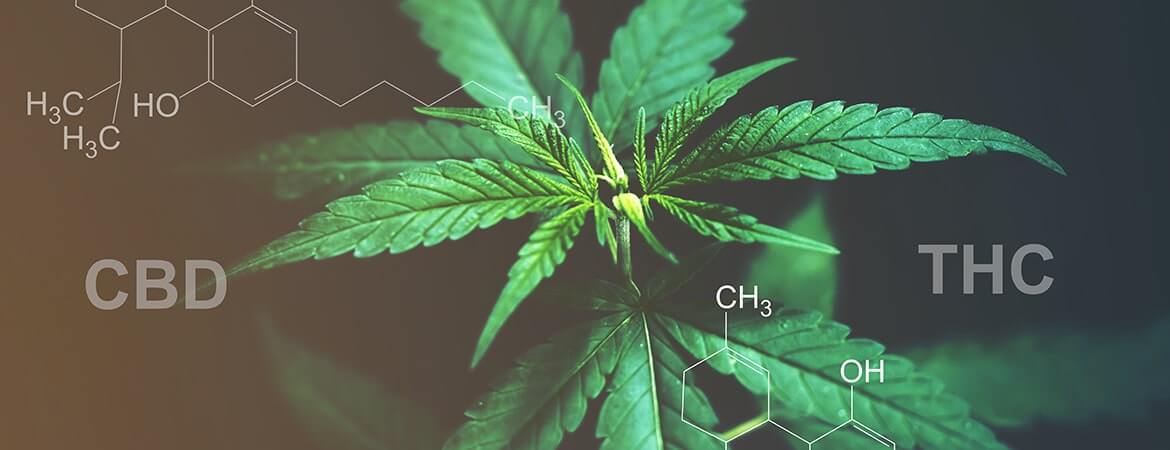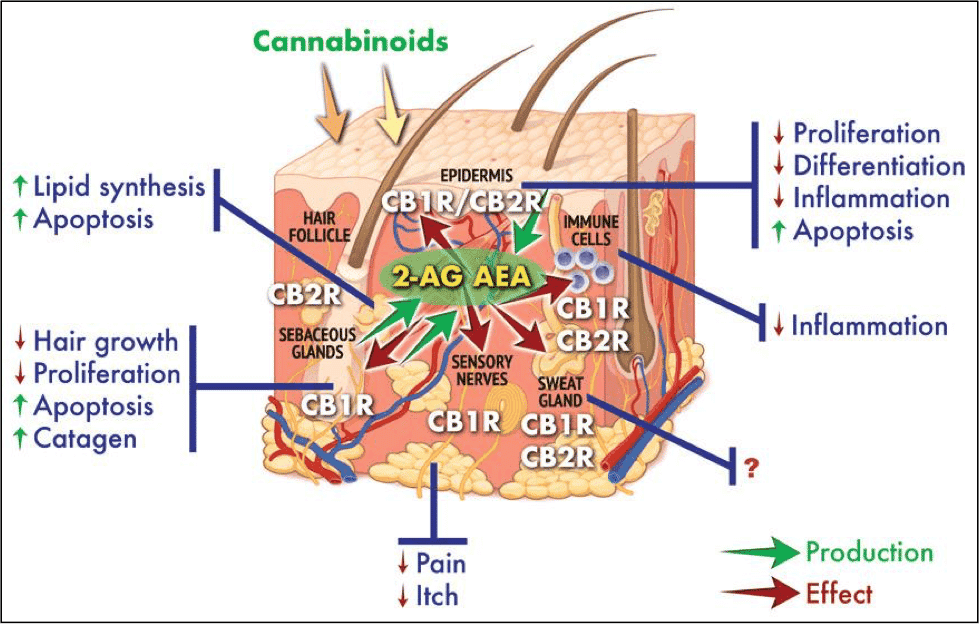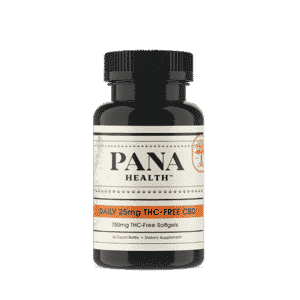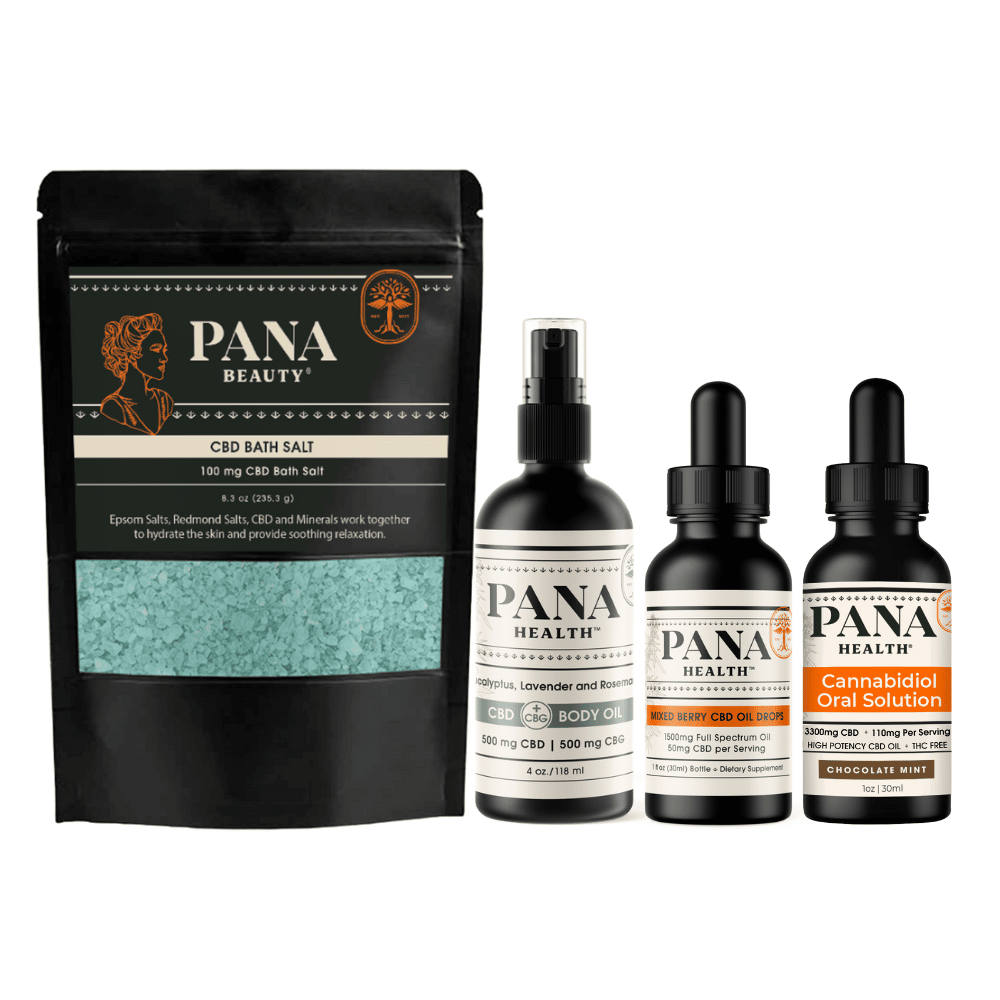Hemp oil is quite popular for potentially providing many benefits. Data suggests that hemp oil may help some health problems. Fatty acids obtained from food are essential for maintaining functioning of the whole body. The hemp oil comprises omega-3 fatty acids in a ratio of 3:1 and omega-6, which is said to be the ideal ratio. Not only that, it is also a rich source of gamma linolenic acid (GLA), a form of omega-6 fatty acid.
What is CBD?
Cannabidiol, commonly known as CBD, is excessively present in cannabis and hemp plants. Tetrahydrocannabinol, THC, is a cannabinoid compound that causes the euphoric sensation amongst its consumers. CBD does not produce psychogenic effects. Most CBD products are primarily derived from hemp and not marijuana.
Following are the details of hemp and marijuana plants; let’s have a look!
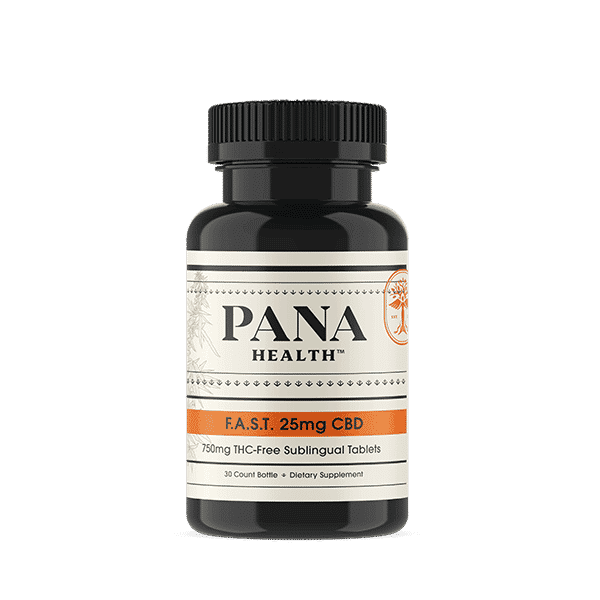
What is Hemp?
The word ‘hemp’ is quite trending on the market. People frequently search for the term ‘hemp CBD’ with an increase in the consumption of CBD products. But do you actually know what hemp is?
Industrial hemp is a member of the Cannabis sativa plant, but it because the THC level in hemp is very low, it is not consumed as a recreational drug. Hemp is currently used for extracting CBD to produce supplements. Hemp consists of a sufficient amount of CBD, but its users have never experienced a ‘high’ as CBD is really low in the psychoactive properties.
Unlike CBD, THC is an intoxicating compound and famous for causing the high related to marijuana use. It is present in cannabis plants, including hemp – but hemp only has low quantities. The federal law defines industrial hemp as cannabis plants having less than 0.3% THC. This amount is not even near to get a consumer high.
What is Marijuana?
Contrary to hemp, marijuana contains larger levels of THC, more than 30% THC, making this plant more potent for creating the high associated with marijuana use.
The high concentration of THC in marijuana causes a ‘high,’ including a feel of relaxation and euphoria. It is also used for several medicinal purposes in different states where its consumption is legal.
There are many species of marijuana, such as indica, sativa and ruderalis varieties. The effects produced by each type of marijuana will depend on the species and strain. These are commonly referred to as indica-dominant, sativa-dominant or ruderalis dominant. On the other hand, hemp is always Cannabis sativa L., while marijuana has much greater variation. There are currently over 800 different species-strain combinations of marijuana, whereas there are much smaller amount of hemp strains commercially available.
Are Hemp Oil and Hemp Seed Oil the same?
Although both hemp oil and hemp seed oil are derived from the Cannabis sativa plant, these are two very different oil products. Hemp seed oil is extracted by cold pressing the ripened seeds of industrial hemp plants. Apart from having fatty acids, hemp oil also consists of minerals, vitamins, and amino acids. This oil can be consumed orally as well as by applying to the skin. Hemp seed oil does not contain cannabinoids. Hemp oil, or CBD oil, is made through extraction of the arial parts of the plant (flower, leaves and stems) and is rich in cannabinoids. Hemp CBD oil is used to create a multitude of products for those seeking the health benefits of CBD.
Hemp Oil for PMS and Menopause
According to a 2011 study, women experiencing the emotional and physical symptoms due to premenstrual syndrome (PMS) are caused by low quantity of the prolactin hormone in the body. Since hemp oil contains gamma linolenic acid, GLA, it may boost the production of prolactin (PGE1). The study indicated that women with PMS who took 1 gram of fatty acids which contained 210 mg of GLA noticed a significant reduction in symptoms.
In 2010, a study of rats was carried out which shows that hemp oil may protect against complications of menopause, typically because of its high concertation of GLA.
Hemp Oil and Skin Disorders
One study was carried out in 2014, which shows that non-psychotropic phytocannabinoid cannabidiol (hemp oil) is a potent and universal anti-acne treatment. It was also suggested that research is required to fine-tune ways to take the best advantage of its benefits.
A study was conducted in 2015, which states that omega-3 fatty acids are beneficial for the treatment of psoriasis. It also suggests that these fatty acids should be combined with UVB phototherapy, topical vitamin D, and oral retinoids.
According to a 20-week study in 2005, dietary hemp oil may help in improving the symptoms of eczema.
Hemp Oil as an Antibacterial Agent
Since hemp oil contains antibacterial properties, it has shown the activity of several types of bacteria, such as Staphylococcus aureus. This bacterium is harmful for one’s health as it may cause infections of the bones, skin, and heart valve and pneumonia.
Hemp Oil for Heart Health
As mentioned earlier that the hemp oil is a comprehensive nutrient profile, it may be healthy for one’s heart. It is also important to note that most of the details currently available comes from older research that uses animal models.
A study was published in the journal of Nutrition & Metabolism, which highlights the nutrient profile of hemp seeds. It is concluded that they might have a positive impact on several health problems, like arthrosclerosis, high blood pressure, and increased cholesterol.
A 2014 study indicates that high level of alpha-linolenic acid, one of the fatty acids in hemp oil, lowers the risk of heart issues. It is also known as linolenic acid and is also found in flaxseed oil and fish oils. Scientists call for more research for the verification of these results.
Hemp Oil for Brain Health
As the hemp oil is rich with fatty acids, it may improve the brain’s health. A brain typically needs lots of healthy fats for proper functioning. Hemp oil also contains some other healthy compounds that may protect the brain.
During a mice study, scientists noticed that a hemp seed extract consisting of these compounds helped protect the brain against inflammation. It is suggested that hemp oil also has polyphenols, a substance that helps in the brain’s protection.
These initial results are promising, but researchers need to conduct more studies in humans to confirm the advantages of hemp oil.
The Legality of Hemp Oil
The hemp oil that has zero to less than 0.3% of THC is federally legal in most of the 50 states of America. People buying the hemp oil must check their state’s law before making any purchase. Also, hemp that contains more than 0.3% of THC is considered marijuana, which is illegal to consume in most states.
Is It Safe to Consume?
The consumption of hemp oil is considered safe by the scientists. However, some minor side effects have been noticed in rare cases, such as low appetite, dizziness, fatigue, and diarrhea.
It is important to note that a significantly huge quantity of hemp stalks is required for the extraction of hemp oil, there is an increased risk of contamination within the plant. Since hemp is a bio-accumulator, it absorbs toxins from the soil it grows in. So, be sure to buy the hemp product that is 100% pure and organic.
Moreover, most hemp oils lack the full spectrum of terpenes and other cannabinoids that act synergistically with the CBD. The good news is that some manufacturers test rigorously to make sure that there is sufficient quantity of CBD, terpenes, and other cannabinoids. It’s better if the brand offers certificate of analysis as it helps you find out the exact concentration of compounds in the hemp oil.
Where to Buy CBD?
If you are looking for the original and best quality hemp product, there are several platforms you can entirely rely on. They offer CO2 extracted, 100% natural, and non-GMO hemp products to every client—all you have to do is look for the right manufacturer.





